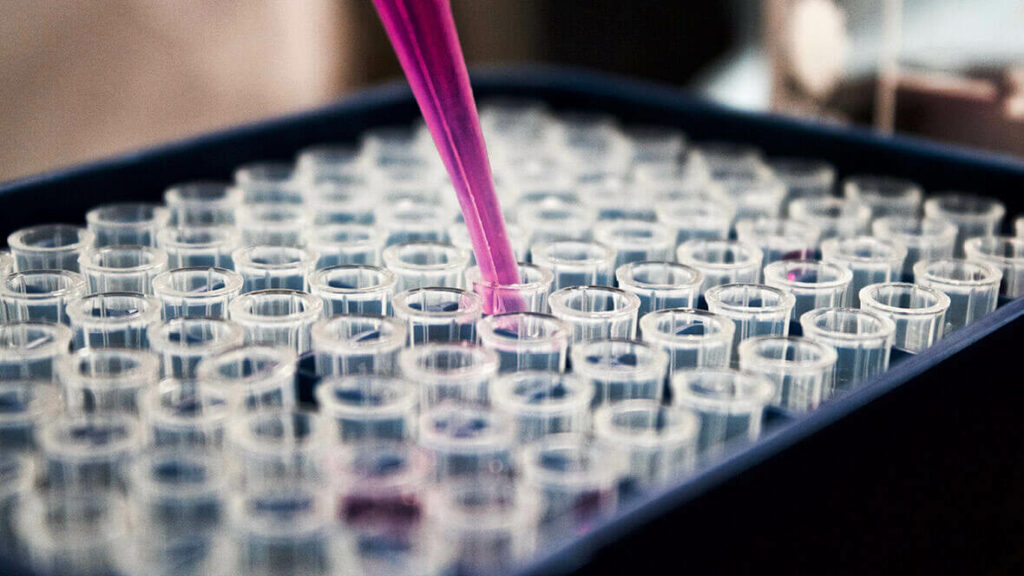Analiza and BioCord have renewed their strategic partnership to promote the umbilical cord stem cell banking service in Spain. Thanks to this partnership, Analiza patients can receive information from all its medical centres and laboratories. As part of its constant endeavour to innovate and deliver the latest developments, Analiza has expanded its portfolio by including an umbilical cord stem cell banking service.
What are umbilical cord stem cells?
Stem cells are key to maintaining our health in the development of life and have a two-fold capacity that makes them unique. On the one hand, they are capable of dividing and producing a cell exactly the same as the first one (self-renewal), and on the other hand, they can evolve and give rise to a specific cell of an organ or tissue (differentiation).
They can be found in various sources such as the bone marrow or peripheral blood, but umbilical cord cells are the youngest, the most alive and the easiest to extract.
Umbilical cord blood is used routinely to treat diseases that need to regenerate the blood and immune systems. These cells have been applied in 35,000 allogeneic transplants across the world and there are more than 300 ongoing investigations to treat other types of diseases in the future.
Umbilical cord blood has also shown great a therapeutic potential and childbirth is the only opportunity to collect it.
In addition to blood, umbilical cord tissue containing other types of cells capable of helping repair and heal tissues and organs can be banked. They have great potential in regenerative medicine and are being clinically trialled for the treatment of heart disease, brain damage and neurodegenerative diseases, among others.
We recommend visiting clincaltrials.gov to learn about the various clinical studies being conducted across the world.
Bio-Cord, your baby’s cells in the best hands
Bio-Cord is the leading stem cell bank in Spain, chosen by all the main healthcare companies.
Almost fifteen years of experience banking and processing stem cells with the highest levels of diligence and quality accreditation in the industry (first private bank in Europe accredited by Fact NetCord, the highest quality gold standard for stem cell banks) all go to endorse Bio-Cord, which has already banked more than 55,000 umbilical cords.
Our bank operates twenty-four hours a day and processes individually delivered and personalised samples using the AXP® automated separation system, thanks to which we guarantee safer and more accurate processes.
At Bio-Cord we invest into the research and development of new technologies, which is why we provide the very best and most complete services, all underpinned by a great team of professionals and a solvent company with vast experience.
Check out our special terms and conditions with health companies and for twin pregnancies.
Bio-Cord contact details: for further information or to sign up to this service, please contact us on +34 91 179 40 62/93 299 69 78 www.bio-cord.es / [email protected]
The likelihood today that one unit of autologous cord blood is used for transplantation is very low and its use has been limited to paediatric diseases, mainly in acquired bone marrow failure, high-risk solid tumours (neuroblastoma, Ewing’s sarcoma, medulloblastoma and germ-cell tumours) and certain non-Hodgkin’s lymphomas in second remission. There is currently no clear evidence that these cells can be used for regenerative medicine or to treat other diseases in the future. There are several initial clinical trials to test the efficacy of autologous cells for certain indications. However, at present it is impossible to predict the results of the research which may affect the potential use of these cells.
Although there are multiple clinical trials that have attempted to demonstrate the efficacy of mesenchymal stem cells in the treatment of different diseases, there are no clear conclusions, and it is currently impossible to predict the results of these investigations on the potential future use of mesenchymal stem cells. SOURCE: Spanish Transplant Organisation
References
Harris (2009). Non-haematological uses of cord blood stem cells. British Journal of Haematology, 147, 177-184.
Rubinstein (2006). Why Cord Blood? Human Immunology 67, 398-404.
O’Brien TA, Tiedemann K, Vowels MR. No longer a biological waste product: umbilical cord blood. Med J Aust. 2006;184(8):407-410.

 Español
Español Português
Português
¿Quieres recibir noticias como ésta en tu email?
Suscríbete a la newsletter